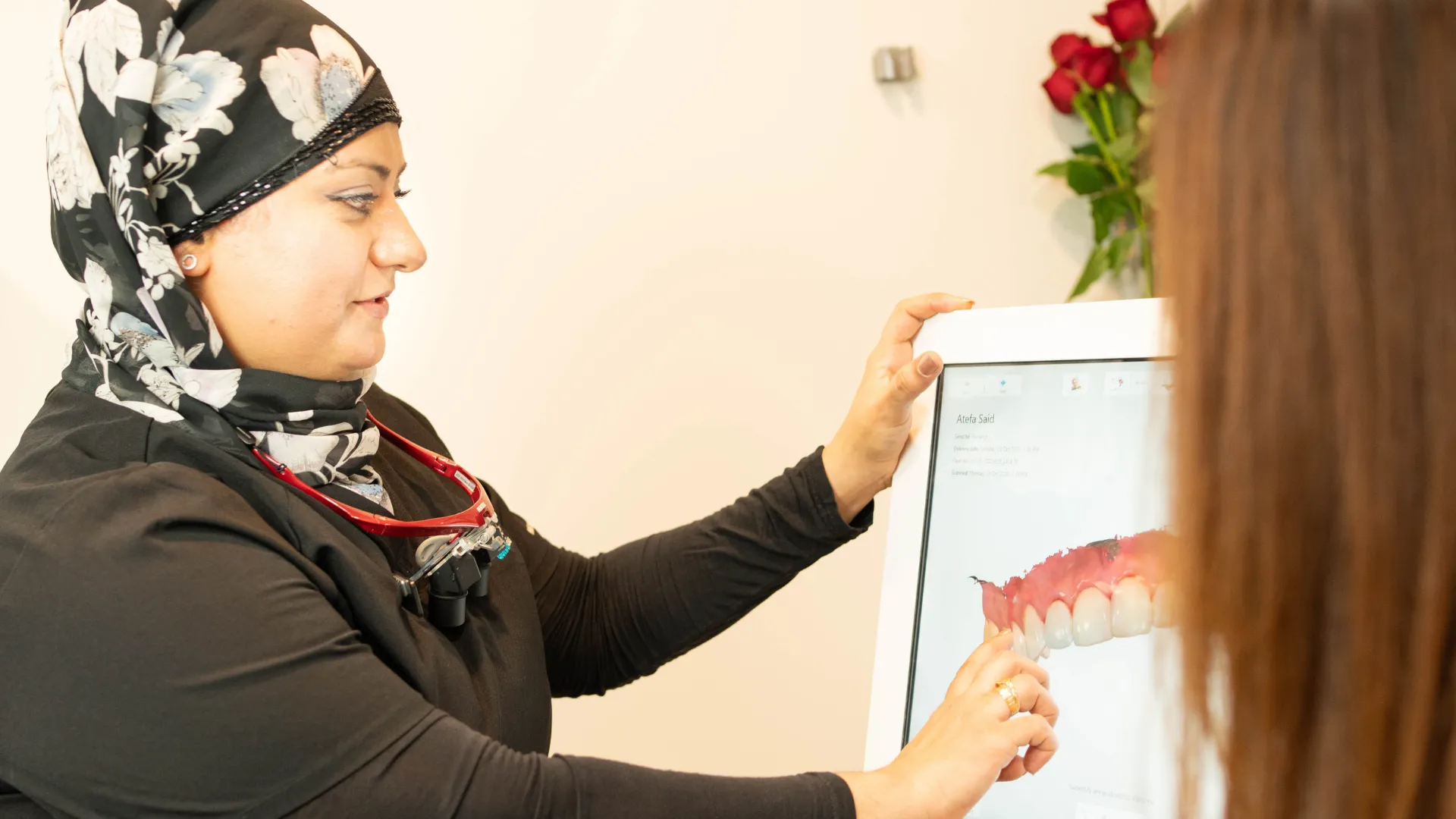Although it may sound like a scary procedure, the root canal is actually a safe and effective treatment that dentists routinely perform. It has been unfairly portrayed as a painful procedure when in reality, it helps to relief the pain experienced when your tooth hurts from deep infection. Employing many minimally invasive techniques, today’s dentists have the skills and resources that improve the tooth preparation process for the root canal treatment.
Root canals are designed to save your natural tooth by replacing a damaged or infected pulp (nerve). The term “root canal” orginally refers to the natural cavity that is found in the centre of every tooth, but it has come to represent the procedure of removing the infected parts of the tooth’s nerve and pulp (which lies in the centre of the tooth) when they have been compromised by an injury or deep decay.
The pulp is responsible for supplying the tooth with nutrients in order to keep it healthy. To salvage the tooth before its internals are completely compromised, the dentist’s job is to prevent the infected region of the pulp from spreading throughout the tooth’s roots and beyond. The process always involves firstly numbing the area around the affected tooth then removing the infected nerve and pulp and then cleaning sealing it with a canal filler to prevent bacteria entering again.
Despite involving an intricate process, the procedure does not hurt as badly as one might think. In fact, the treatment is no more uncomfortable than say, a regular tooth filling procedure. When people talk about root canal-related pain, they assume that the pain comes from the procedure. What they often forget to mention is that the inflamed nerve from the infected tooth pulp is contributing the lion’s share of the pain. It might also be helpful to note that the root canal procedure helps to alleviate the pain, not aggravate it. More importantly, it helps to prevent further damage to your tooth.
Of course, there are certain patients, perhaps with dental anxiety, who are really more opposed to the ‘visual’ and psychological aspects of the procedure – not helped by the use of specialty instruments. Another form of discomfort a patient might experience during a root canal is having to spend an hour or more in a dental chair. For these patients, there are several options that can help to improve the comfort level of the treatment process.
Suffice to say, the goal of a root canal treatment is to preserve your natural tooth and avoid extraction. By restoring your natural tooth we hope to prevent the need for artificial replacements and more extensive dental work.
For more information on our root canal treatments, make an appointment to see one of our friendly dentists at North Sydney Dental Practice.

